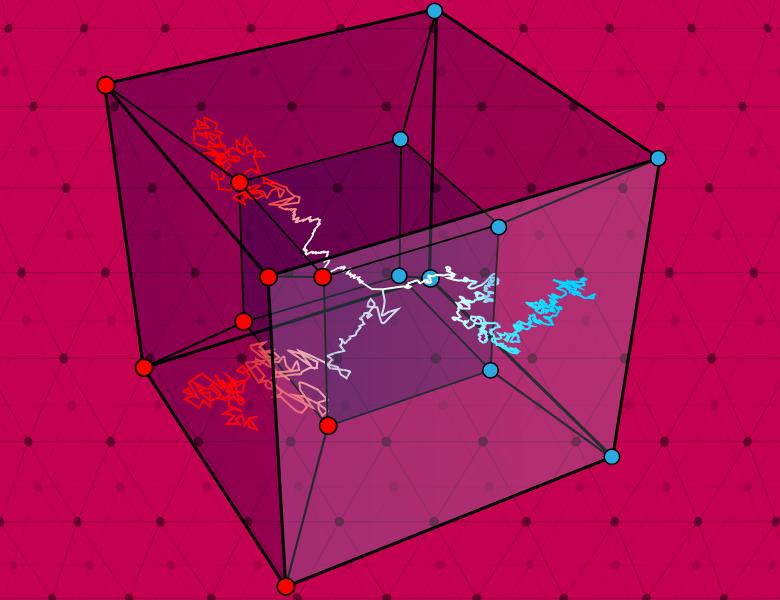
Abstract
For any norms $N_1,\ldots,N_m$ on $\mathbb{R}^n$ and $N(x) :=
N_1(x)+\cdots+N_m(x)$, we show there is a sparsified norm $\tilde{N}(x) = w_1
N_1(x) + \cdots + w_m N_m(x)$ such that $|N(x) - \tilde{N}(x)| \leq \epsilon
N(x)$ for all $x \in \mathbb{R}^n$, where $w_1,\ldots,w_m$ are non-negative
weights, of which only $O(\epsilon^{-2} n \log(n/\epsilon) (\log n)^{2.5} )$ are
non-zero. Additionally, we show that such weights can be found with high probability in time $O(m (\log n)^{O(1)} + \mathrm{poly}(n)) T$, where $T$ is the time required
to evaluate a norm $N_i(x)$, assuming that $N(x)$ is $\mathrm{poly}(n)$-equivalent to the Euclidean norm.
This immediately yields analogous statements for sparsifying sums of symmetric submodular functions.
More generally, we show how to sparsify sums of $p$th powers of norms when the sum is $p$-uniformly smooth.


